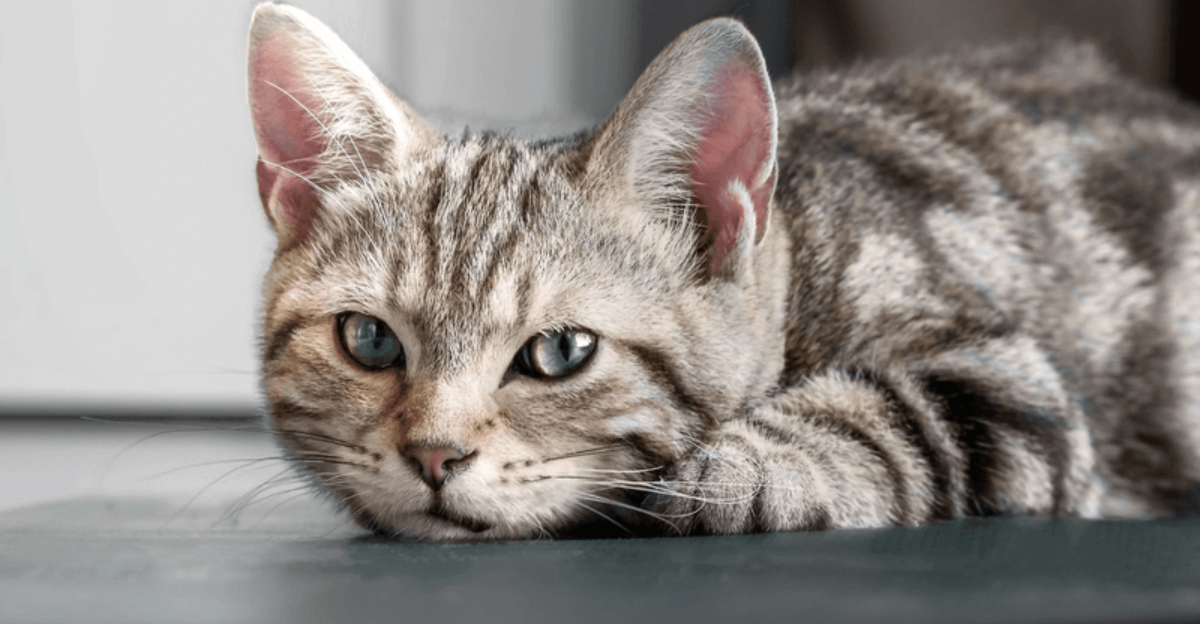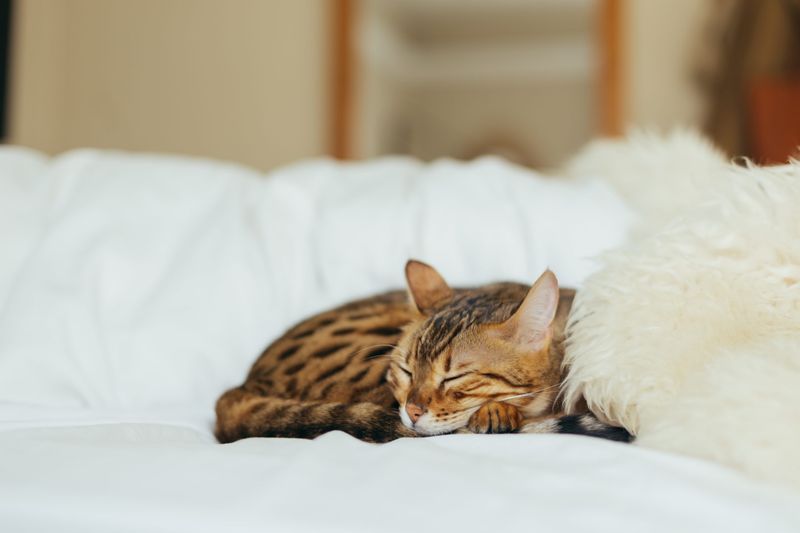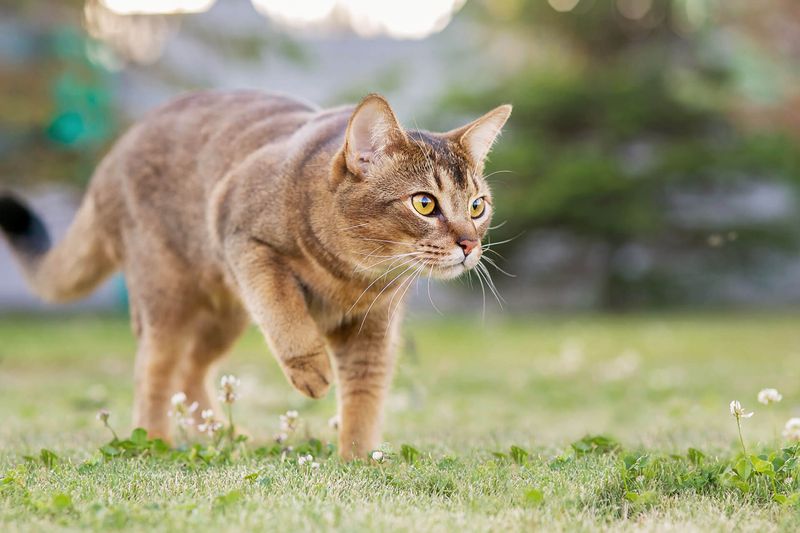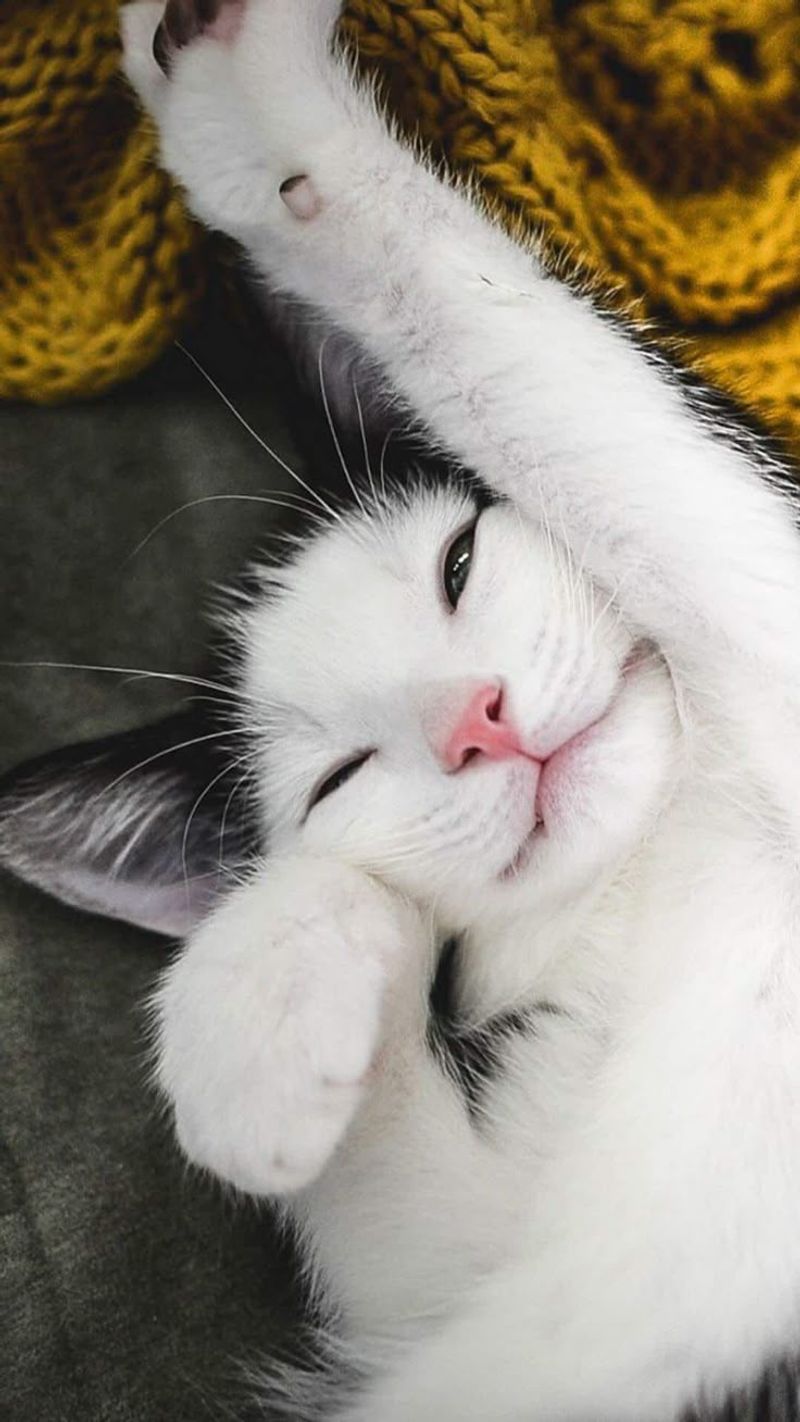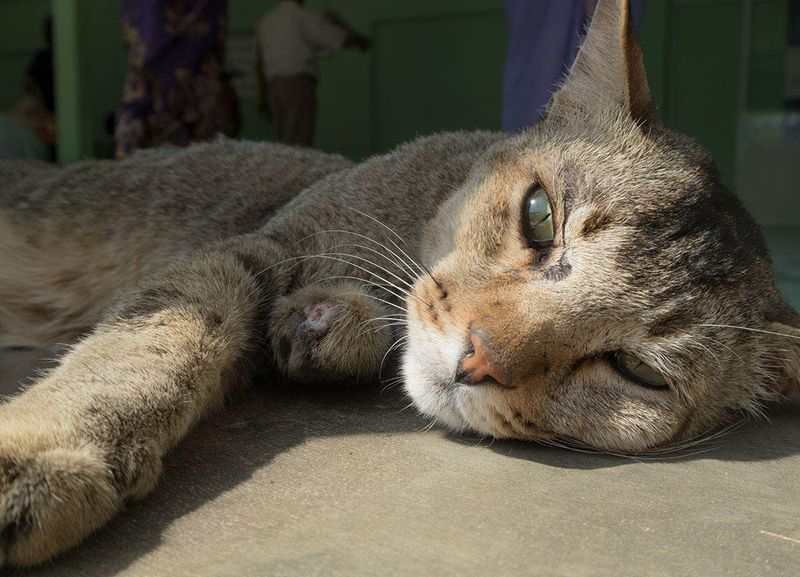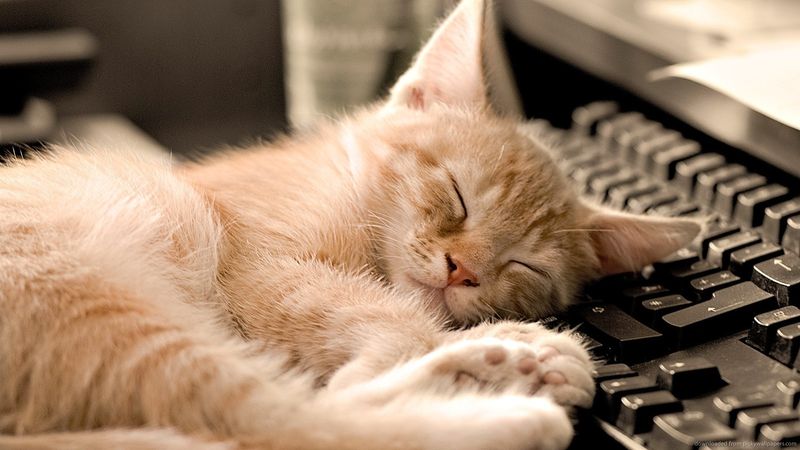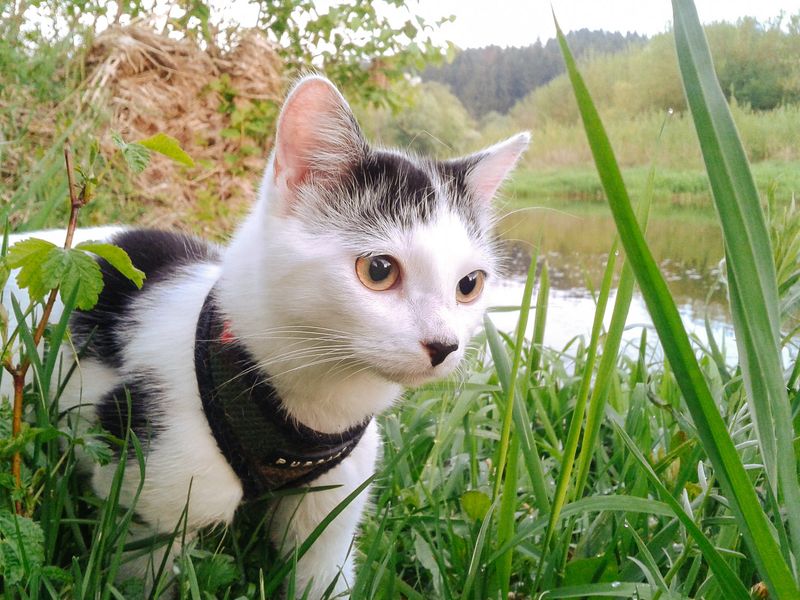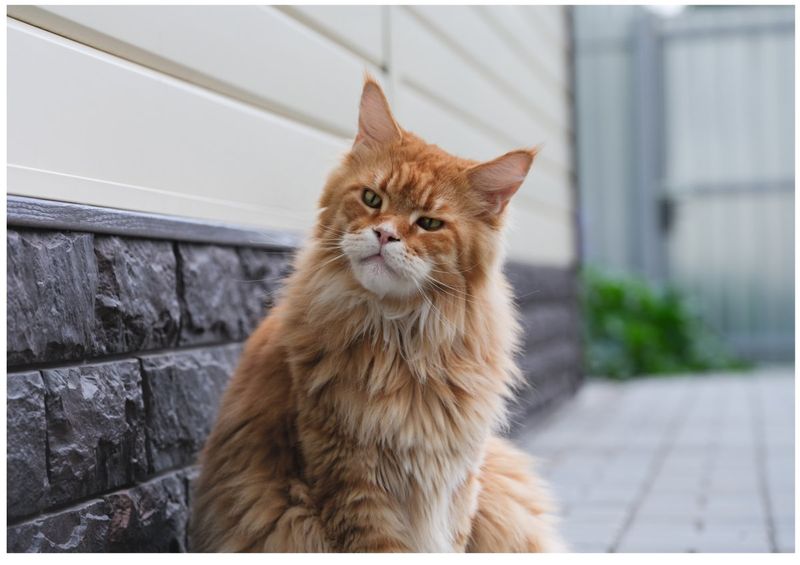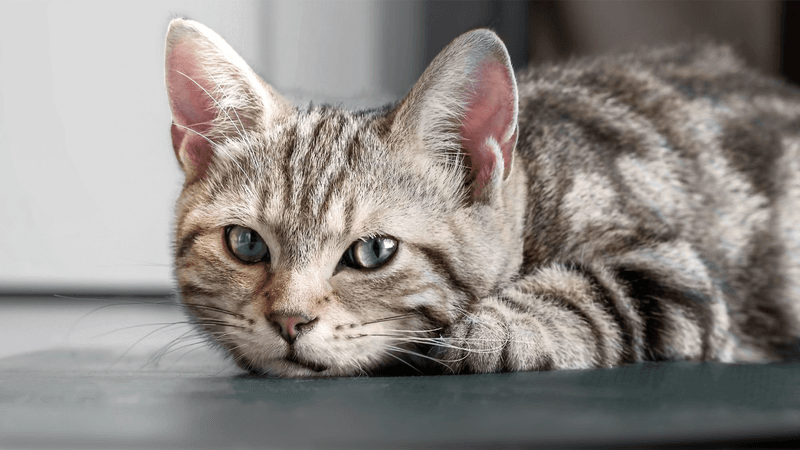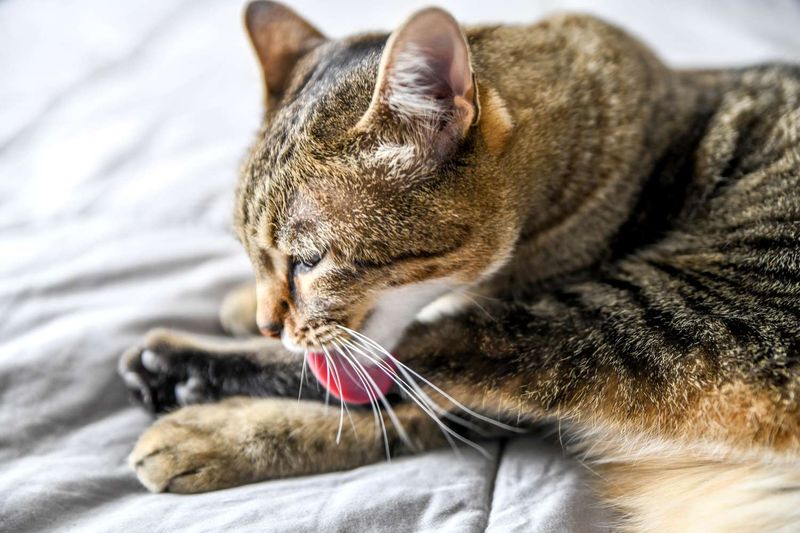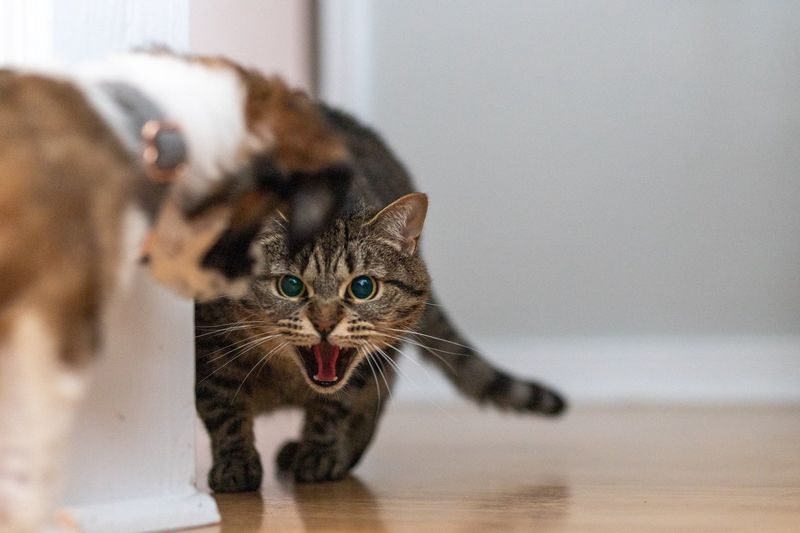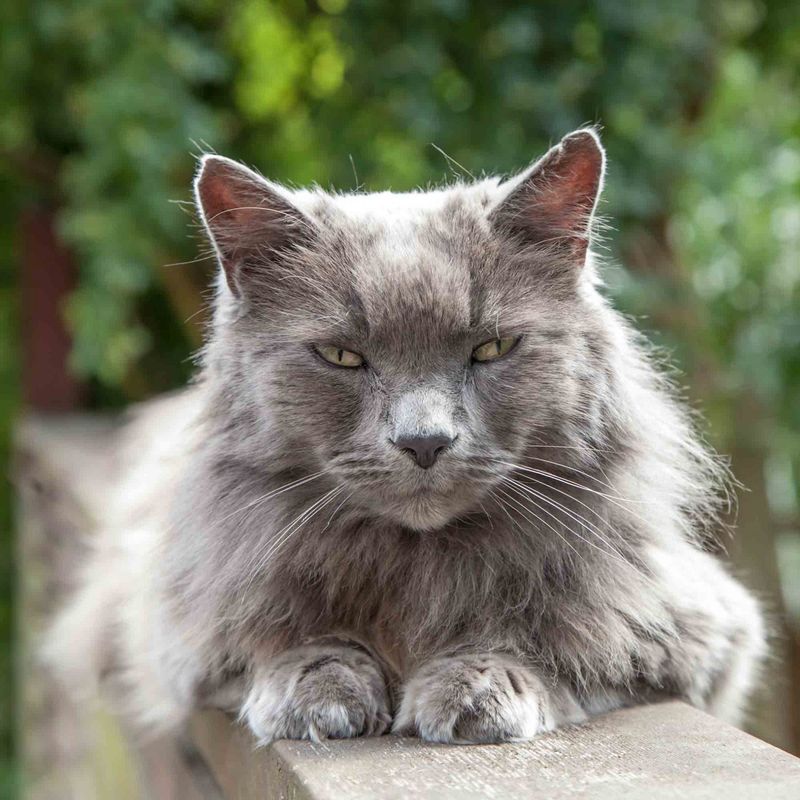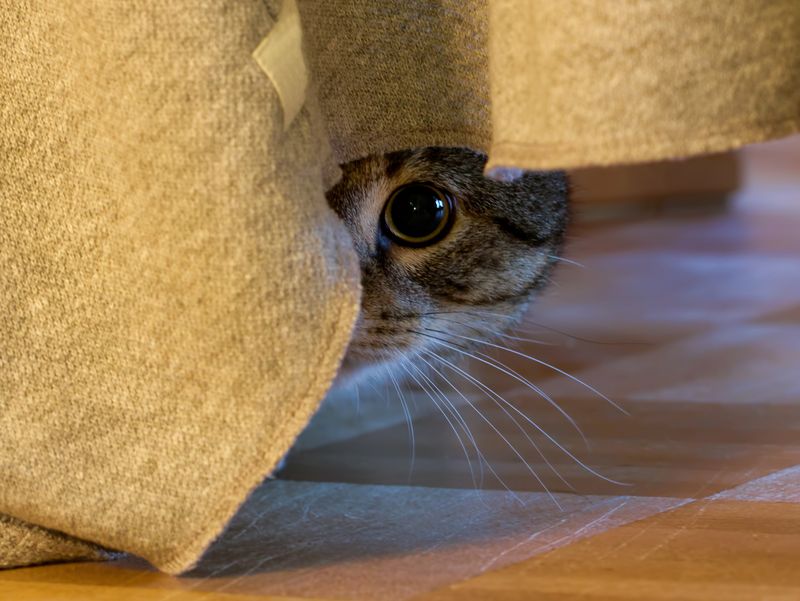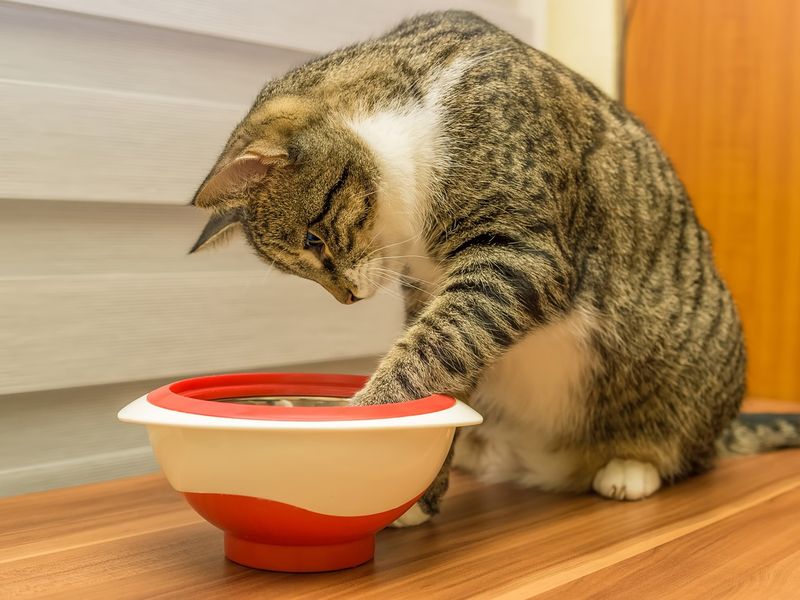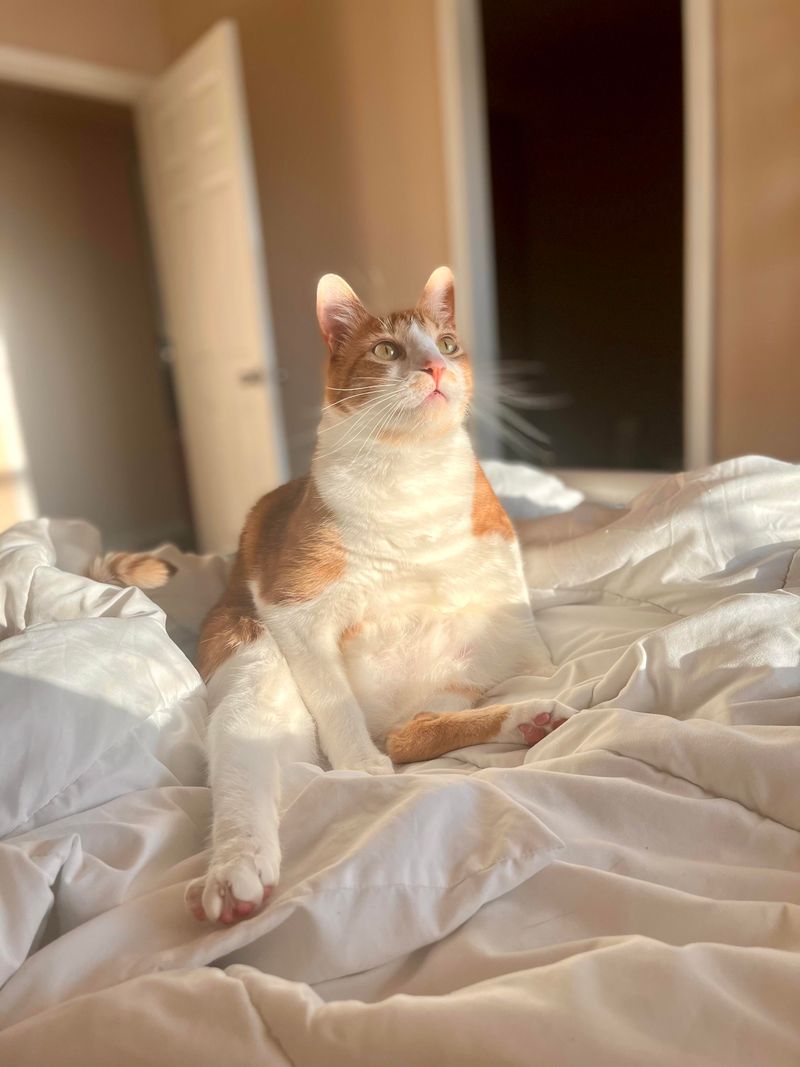📖 Table of Content:
Cats are fascinating animals, known for their independent and sometimes mysterious nature. While many cats enjoy the company of their humans, they also have a deep need for alone time. Understanding these moments of solitude can help ensure a happier, healthier environment for your cat.
The reasons behind a cat’s desire for solitude can vary widely, from instinctive behaviors to personal preferences. Cats are naturally territorial creatures, and they may seek privacy to feel secure and comfortable in their space. Knowing when your cat needs a break can help avoid misunderstandings and strengthen the relationship.
Solitude can serve as a way for cats to relax, recharge, and maintain their well-being. While they may seem distant at times, it’s important to respect their need for personal space. The following 15 reasons reveal why cats might prefer being alone, offering insights into their unique personalities.
1. Personal Space Needs
Cats, much like humans, have an innate desire for personal space. This need is essential for their mental well-being, allowing them to retreat and recharge. Imagine your cat basking in the sun on a quiet windowsill, soaking up the warmth and tranquility. This alone time helps them feel secure and content, free from external pressures.
Providing a dedicated space in your home for your cat to enjoy solitude can greatly enhance their happiness. A cozy corner or a high perch can be ideal spots for your feline friend to unwind.
2. Natural Instincts
The hunting instinct is strong in cats, and it often drives their need for solitude. In the wild, they hunt alone, using patience and stealth to capture prey. This behavior is deeply ingrained in their nature, which is why they often seek time alone at home.
Encouraging this behavior through interactive play can satisfy their hunting drive, making them more comfortable in their environment.
3. Stress Relief
Solitude can be a vital stress reliever for cats. Just like people, cats experience stress and need time to decompress. Finding a quiet spot to retreat to can help them relax, away from the hustle and bustle of daily life. This quiet time allows cats to calm their minds and bodies, reducing anxiety.
Creating a peaceful environment with minimal disturbances can promote this stress-relieving solitude, enhancing your cat’s overall well-being.
4. Health Issues
When feeling unwell, cats often choose to be alone, as solitude can be comforting during illness. This behavior helps them conserve energy and recover. If your cat is spending more time alone, it might be signaling discomfort or a health problem. Monitoring their behavior and seeking veterinary advice can be crucial.
Providing a comfortable resting place can aid in their recovery, ensuring they feel safe and cared for in their solitude.
5. Nap Time
Felines cherish their nap time, often retreating to peaceful, hidden spots for undisturbed rest. A calm environment allows them to recharge fully. As they sleep a large part of the day, these naps are crucial for maintaining their mood and vitality.
Offering a soft, cozy bed in a quiet area can make nap time more enjoyable for your cat, ensuring they wake up refreshed and ready to engage with you.
6. Independence
Known for their independence, cats thrive when they can explore and enjoy their own space. They often feel most at ease when given the freedom to wander and be alone.
This independence is a core part of their personality, leading them to seek solitude. Allowing your cat to have control over their environment can boost their confidence. Providing opportunities for independent exploration, such as safe outdoor spaces or interactive toys, can support their independent spirit and satisfy their need for solitude.
7. Overstimulation
Noise, constant activity, or excessive interaction can quickly overstimulate cats, leading them to seek solitude. A quiet retreat helps them recover from stress or irritability. Ensuring a calm environment with minimal distractions can provide the peace they need.
Recognizing signs of overstimulation and offering a peaceful retreat can prevent stress and ensure your cat feels comfortable and secure.
8. Mood Swings
Cats can experience mood swings, influencing their desire for solitude. They might seek alone time to deal with changing emotions. Observing these shifts can help you understand their needs better. A quiet environment can provide the space they need to process these emotions.
Respecting your cat’s mood changes and offering them space can enhance your relationship, ensuring they feel understood and valued.
9. Privacy During Grooming
Grooming is a private and personal activity for cats. They often seek solitude to groom without interruption.
This time is essential for maintaining their cleanliness and comfort. Providing a private spot for grooming can make your cat feel more at ease. Respecting their need for privacy during grooming helps them stay relaxed and ensures they continue to feel comfortable in their environment.
10. Territorial Behavior
Solitude is essential for cats to assert and patrol their territory. They often spend time alone to mark their space and reinforce their boundaries. Recognizing and supporting this behavior by giving them a specific area can provide a greater sense of security.
Observing and respecting your cat’s territory can prevent conflicts and ensure they remain comfortable in their home environment.
11. Aging Process
As cats age, they may seek solitude more frequently. Older cats often prefer quieter, more peaceful environments.
This change can be due to increased sensitivity to noise or a decline in energy levels. Offering a calm, serene space can help them adjust comfortably. Recognizing these age-related needs and adapting to their environment can support their well-being as they grow older.
12. Social Anxiety
Some cats experience social anxiety, preferring to avoid busy or unfamiliar settings. Solitude can be a comfort in these situations.
Understanding your cat’s social triggers can help you create a safe, comforting space for them. Reducing exposure to stressful stimuli can ease their anxiety. Providing a cozy hiding spot can be beneficial, allowing them to retreat and feel secure when needed.
13. Past Trauma
A history of trauma can lead cats to seek solitude as a way to feel safe and secure. Being alone helps them manage their emotions and feel protected.
Gaining their trust and creating a supportive environment can be vital in helping them heal. Patience and gentle interactions are key in these situations. Offering a secure space where they can retreat and feel safe can aid in their recovery and enhance their comfort.
14. Dietary Changes
Changes in diet can affect a cat’s behavior, leading them to seek solitude during mealtime. A quiet eating environment can be more appealing.
This solitude allows them to focus on their food and adjust to new dietary routines. Monitoring their eating habits can provide insights into their comfort levels. Ensuring a distraction-free space for eating can promote better digestion and make dietary transitions smoother for your cat.
15. Seeking Comfort
Sometimes, solitude offers the ultimate comfort for cats. They may find peace and contentment in a quiet, cozy spot.
This behavior can be a natural way for them to relax and unwind. Creating a warm, inviting space can enhance their comfort. Encouraging this behavior by providing soft blankets or a dedicated resting area can contribute to your cat’s happiness and sense of security.
